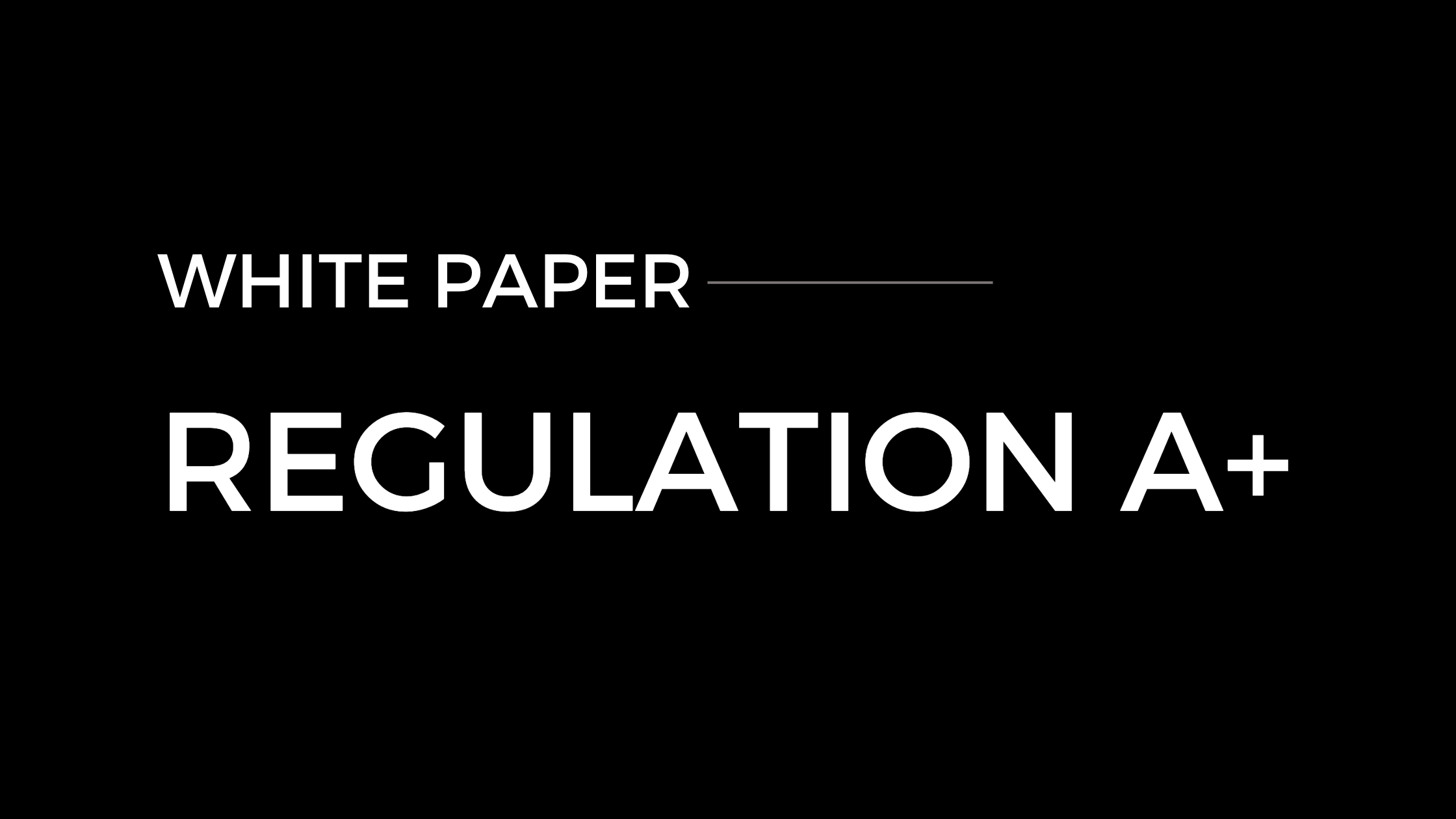Although injunctive relief is the most effective tool for removing defamatory statements and preventing future defamatory statements, Florida case law prohibits the use of an injunction in defamation cases. This prohibition dates back to Reyes v. Middleton, 17 So. 937 (Fla. 1895), where the Florida Supreme Court held that in the absence of some other independent ground for invoking equitable jurisdiction, equity will not enjoin either an actual or threatened defamation. As a result, a Florida plaintiff must be able to prove another cause of action in order to get an injunction for the defamatory statements.
Online defamation is simply the publication of defamatory statements on the Internet, including blogs, forums, websites, and social networking websites.
When a business is defamed, it can be argued that the defamatory statements typically have a negative impact on its various business relationships as well. Therefore, and not surprisingly, since an injunction can be issued if someone interferes with a business relationship, defamation lawsuits also often include a claim of interference with a business relationship. In Florida, the four elements of a claim for interference with a business relationship are: (1) the existence of a business relationship, not necessarily evidenced by an enforceable contract; (2) knowledge of relationships on the part of the defendant; (3) an intentional and unjustified interference with that relationship by the defendant; and (4) damage to the plaintiff as a result of the breach of the relationship. Magre v. Charles, 729 So. 2d 440 (Fla. 5th DCA 1999).
Unfortunately, if a plaintiff cannot prove a separate cause of action under which injunctive relief is available, the plaintiff is only left with monetary damages as its remedy, which is often not sufficient, particularly when dealing with online defamation.



